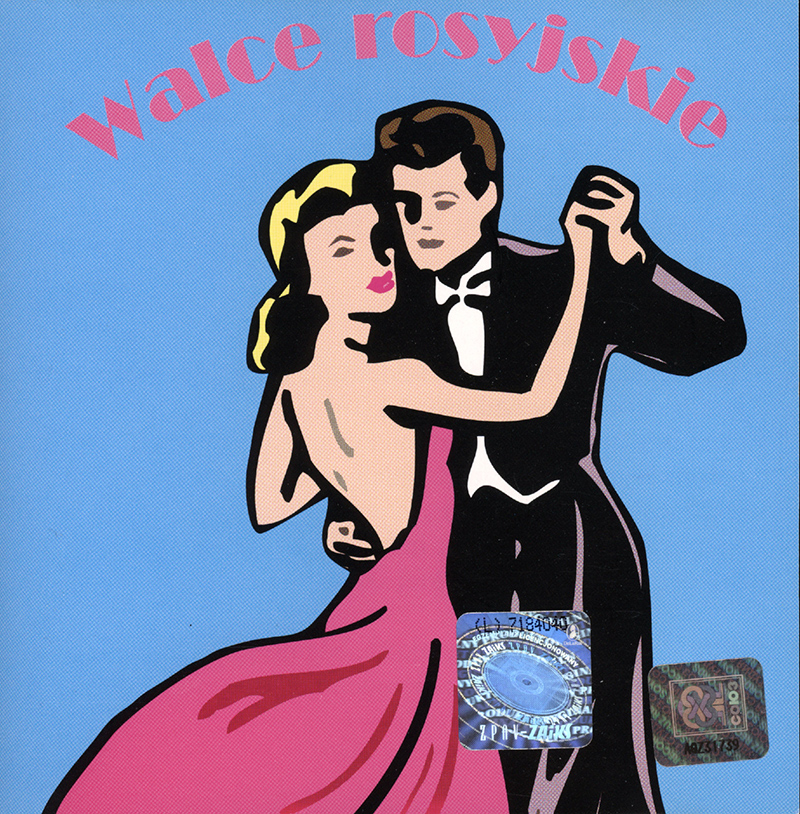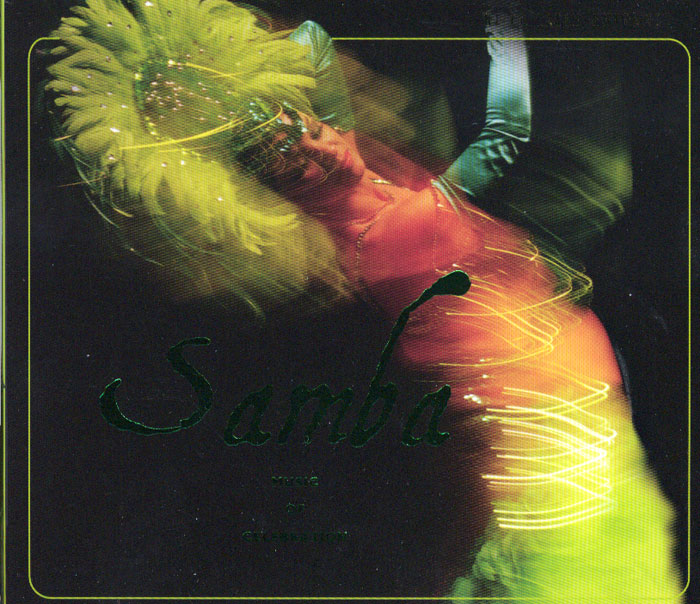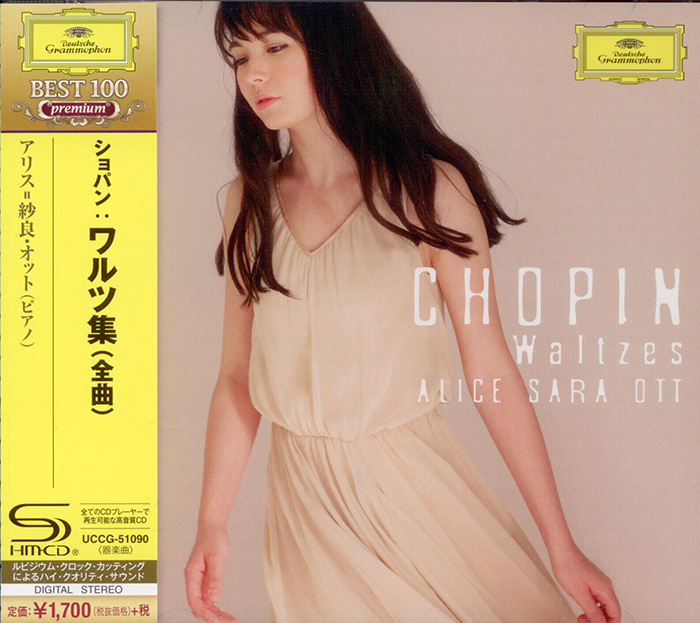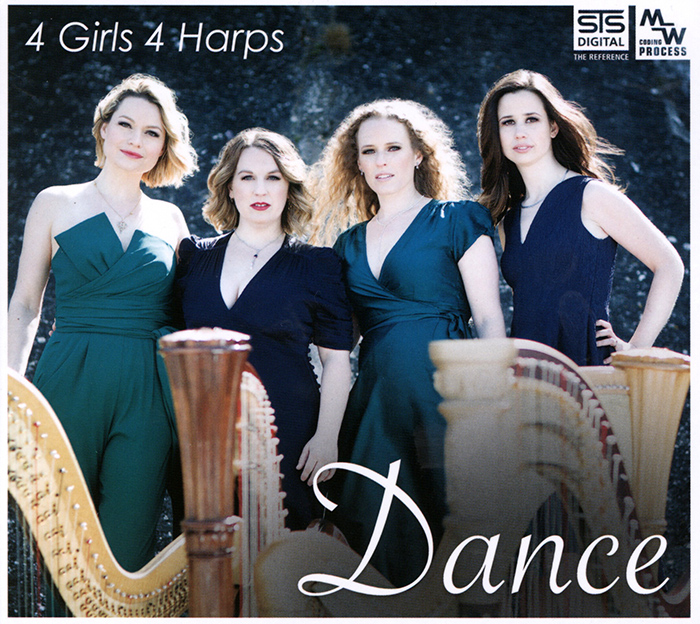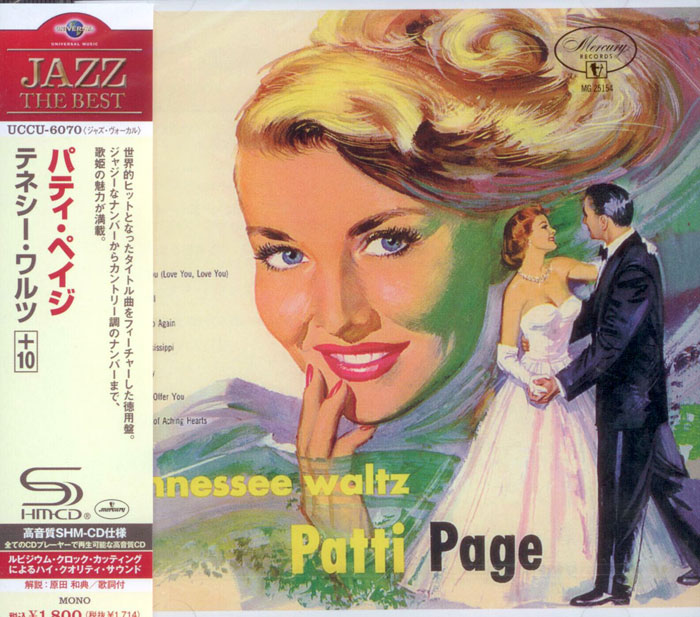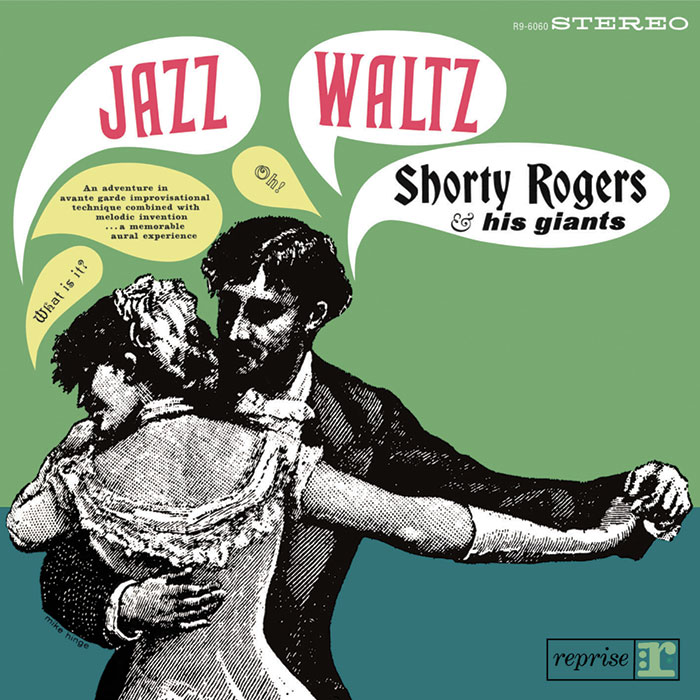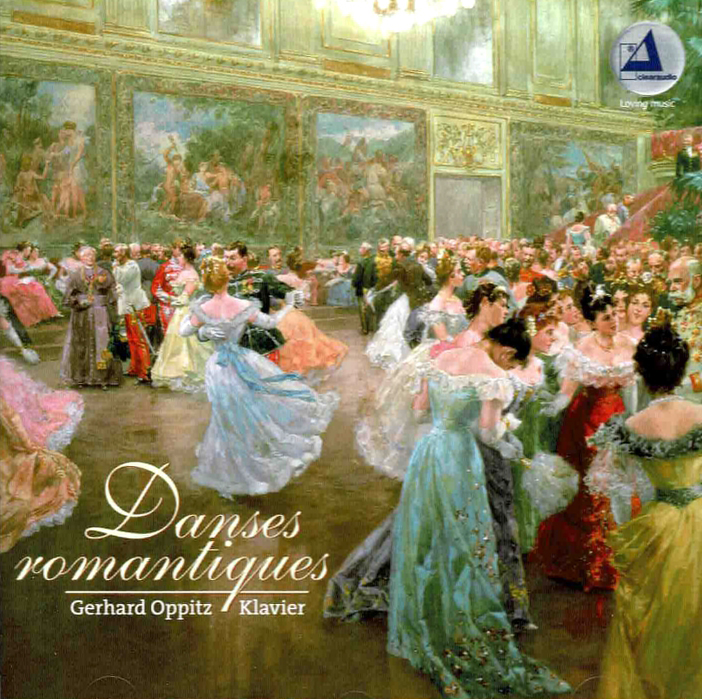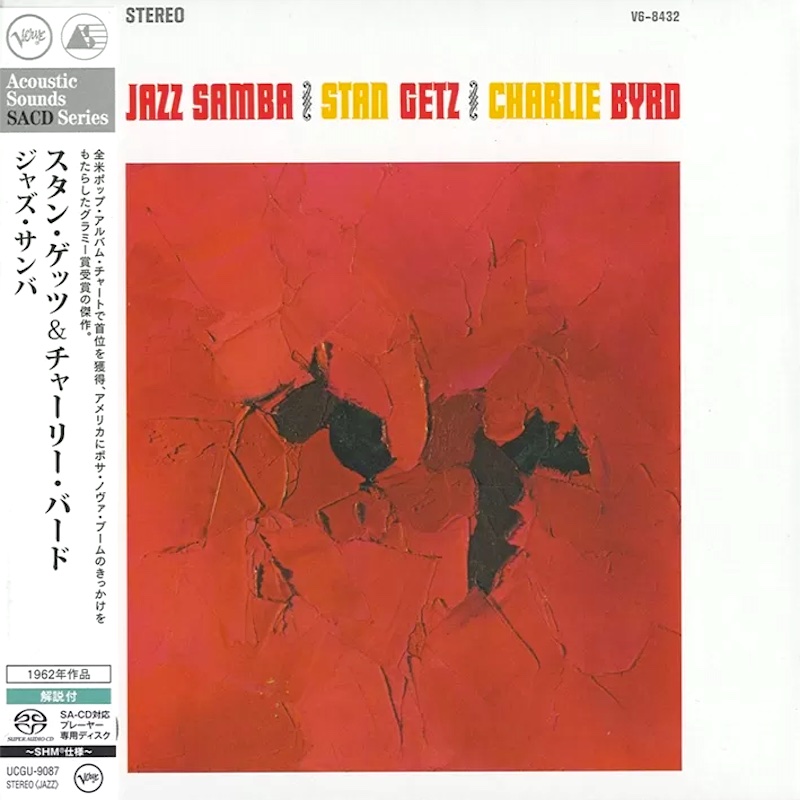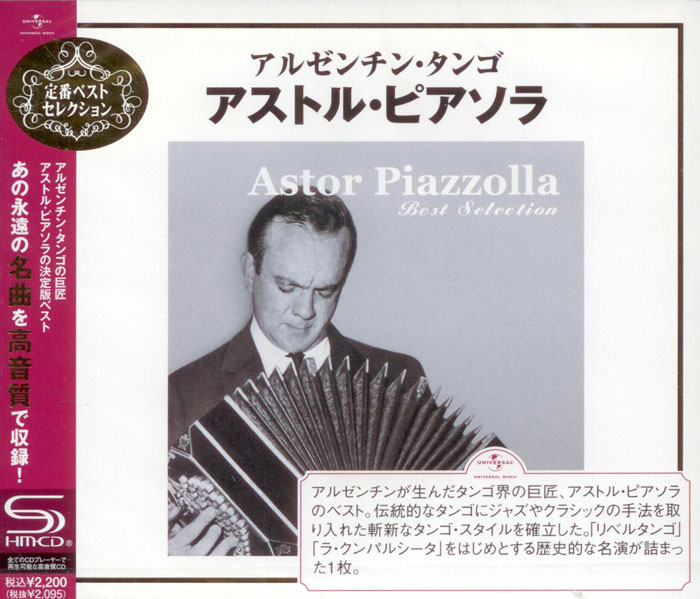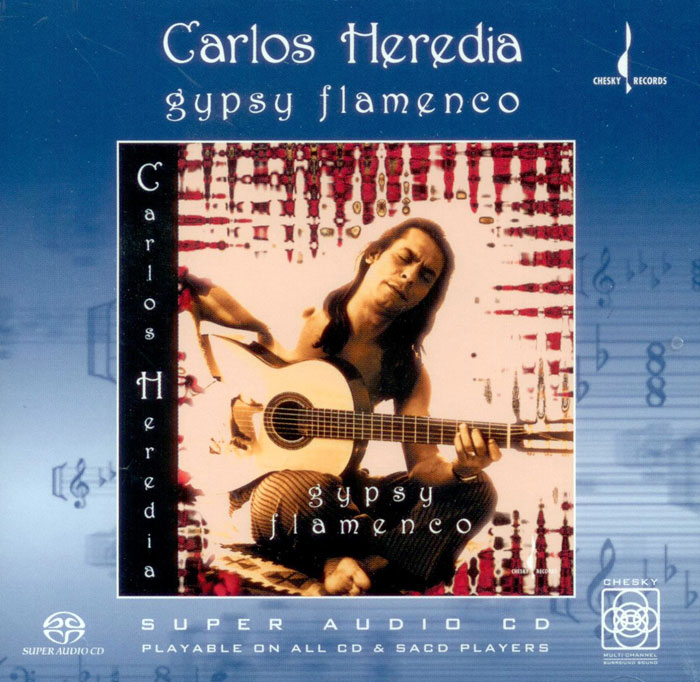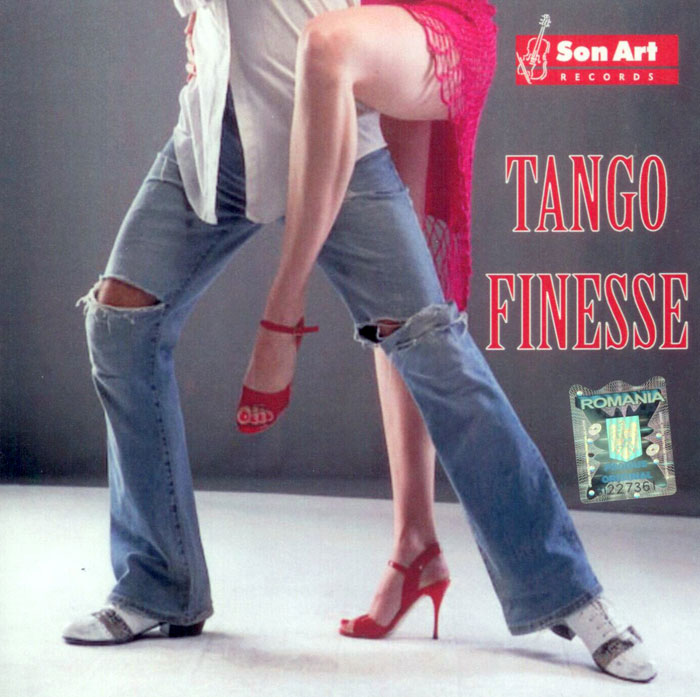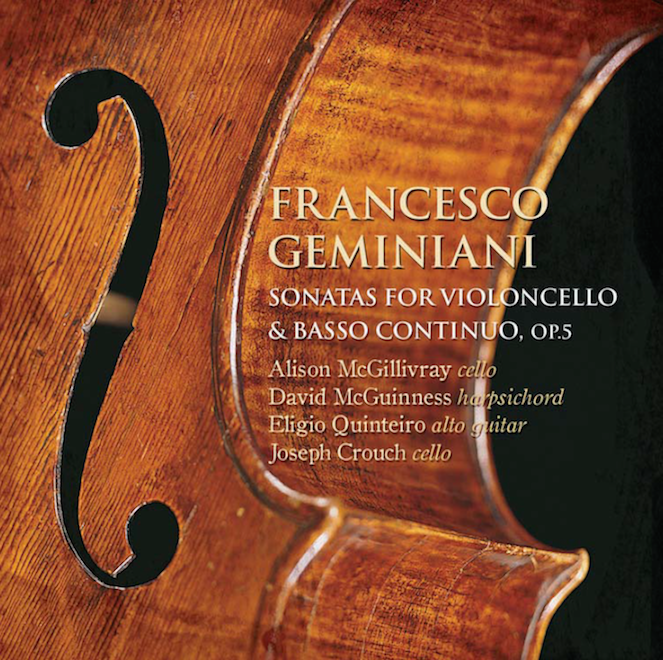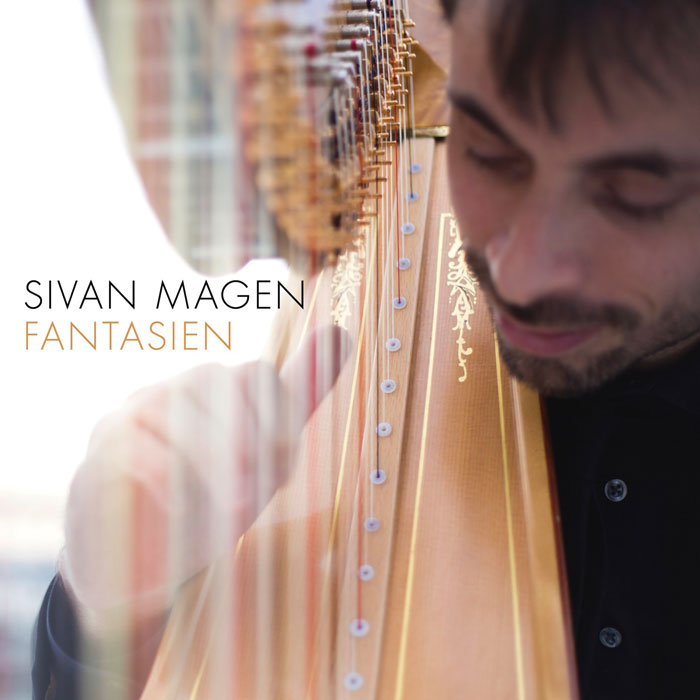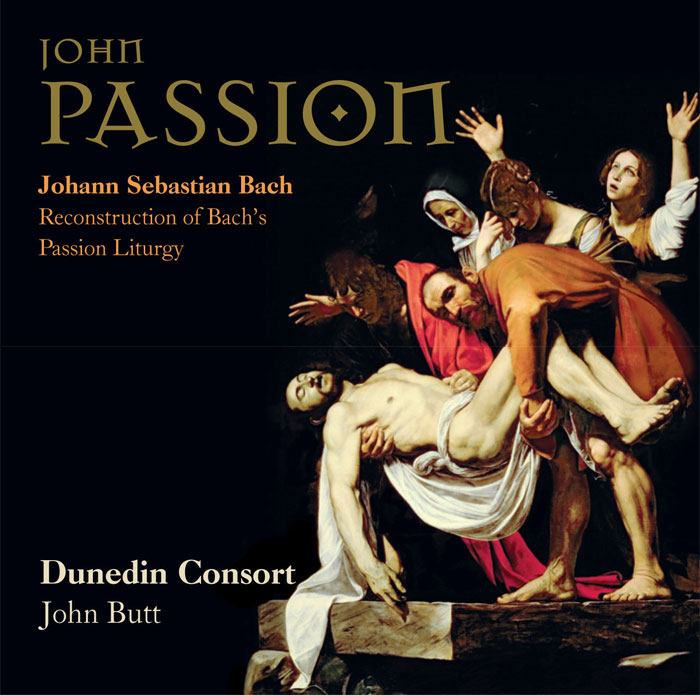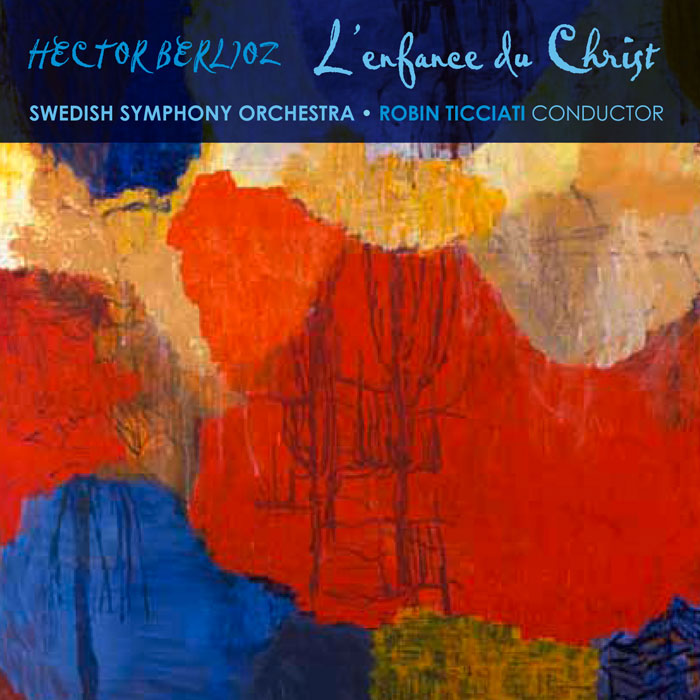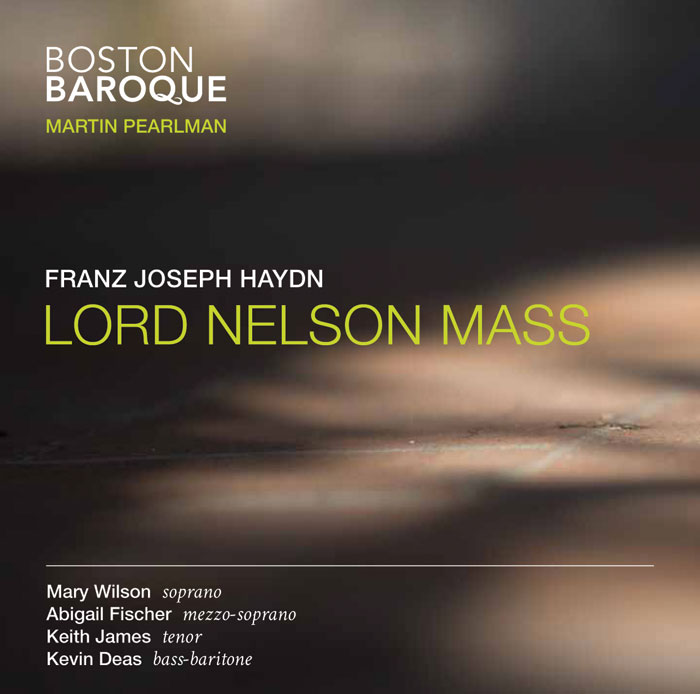Logowanie
Dziś nikt już tak genialnie nie jazzuje!
Bobby Hutcherson, Joe Sample
San Francisco
SHM-CD/SACD - NOWY FORMAT - DŻWIĘK TAK CZYSTY, JAK Z CZASU WIELKIEGO WYBUCHU!
Wayne Shorter, Freddie Hubbard, Herbie Hancock, Ron Carter, Elvin Jones
Speak no evil
UHQCD - dotknij Oryginału - MQA (Master Quality Authenticated)
Karnawał czas zacząć!
Music of Love - Hi-Fi Latin Rhythms
Samba : Music of Celebration
AUDIOPHILE 24BIT RECORDING AND MASTERING
CHOPIN, LISZT, DEBUSSY, DVORAK, Gerhard Oppitz
Dances romantiques - A fantastic Notturno
Wzorcowa jakość audiofilska z Clearaudio
Winylowy niezbędnik
ClearAudio
Double Matrix Professional - Sonic
najbardziej inteligentna i skuteczna pralka do płyt winylowych wszelkiego typu - całkowicie automatyczna
GEMINIANI, Alison McGillivray, Joseph Crouch
Sonatas for Violoncello & Basso Continuo, Piece de Clavecin
- Alison McGillivray - Sonatas for Violoncello & Basso continuo, Piece de Clavecin - Francesco Geminiani
- 01. Sonata I: Andante (1:39)
- 02. Allegro (3:48)
- 03. Andante (0:49)
- 04. Allegro (4:20)
- 05. Sonata II: Andante (2:39)
- 06. Presto (2:33)
- 07. Adagio (0:57)
- 08. Allegro (4:58)
- 09. Prelude (Lentement) (3:25)
- 10. Vivement (2:56)
- 11. Sonata III: Andante (1:42)
- 12. Allegro (4:17)
- 13. Affetuoso (3:04)
- 14. Allegro (3:15)
- 15. Tendrement (3:39)
- 16. Sonata IV: Andante (0:25)
- 17. Allegro moderato (3:16)
- 18. Grave (1:03)
- 19. Allegro (1:03)
- 20. Vivement in D (3:56)
- 21. Sonata V: Adagio (0:41)
- 22. Allegro moderato (1:23)
- 23. Adagio (2:27)
- 24. Allegro (2:51)
- 25. Sonata after No.IV: Allegro moderato (3:03)
- 26. Andante (0:37)
- 27. Allegro (1:13)
- 28. Sonata VI: Adagio (0:44)
- 29. Allegro assai (4:08)
- 30. Allegro (3:57)
- Alison McGillivray - clavecin
- Joseph Crouch - cello
- GEMINIANI
“Geminiani Cello Concertos” by Alison McGillivray The little-known music of Francesco Geminiani – pupil of Scarlatti and Corelli, violinist extraordinaire, colleague of Handel and Rameau, collector of fine art and composer of some distinction – is the inspired choice of baroque cellist, Alison McGillivray for this, her first recording as a solo artist. The main works on the disc are the sonatas of Geminiani’s Opus 5, dating from the mid-18th century when the Italian violoncello was just beginning to nose ahead of the French viola da gamba as the favoured instrument of the lower strings. The rather specialised nature of the programming should not deter the listener. Alive and stylish, her baroque instrument sound is beautifully warm and agreeable while her instinctive musicality shines throughout. With the cello continuo of Joseph Crouch, baroque guitar of Eligio Quinteiro, and the soft-toned authoritative harpsichord of David McGuinness, these are fine, energetic performances, teeming with variety and expressive nuance. The programme also includes some of the Italian master’s reworkings for solo harpsichord – movements from various of his sonatas published as Pièces de Clavecin and The Second Collection For Harpsichord – with David McGuinness a subtle and absorbing soloist. Frank Carroll, The Sunday Herald - 17 July 2005 Italian-born Francesco Geminiani spent most of his professional career in the British Isles, where his contemporaries included Handel, the Castrucci brothers and other émigré musicians. “The intention of music is not only to please the ear,” he wrote in 1751, “but to express sentiments, strike the imagination, affect the mind, and command the passions.” Alison McGillivray takes the violinist-composer at his word, drawing expressive and imaginative sounds from her baroque cello in company with a fine team of continuo players. Linn’s customary demonstration surround sound adds to the album’s artistic success. Music Week – July 2005 Most people familiar with the name of Alison McGillivray possibly think of an intent, astute and sympathetic ‘accompanist’ in the role of continuo player. I heard her once play a concerto with the Academy of Ancient Music and knew that there was a fresh solo voice in there, and this is quite clearly both a coming of age for the young artist and a fanfare of things to come as the new star of the generation starts to spread her wings. It’s surprising that Geminiani’s sonatas, though popular with cellists, seem to have avoided the record catalogues: they would appear to fall into that category of baroque music that needs that something special in terms of performance to lift them above the commonplace. Alison and her trio of co-conspirators have that something special in buckets. The notes are very interesting, shedding light on what might surprise some as the French influence on what most of us consider a very Italian master; but just in case you think it’s all intended seriously, take a look at the ‘Subscriber’s List’ and you’ll find Alison’s sister ‘Violist d’amore, St Albans’, and her loving father ‘Gardener, Giffnock’. Sense of humour aside, this is a fantastic solo debut and an equally impressive account of Geminiani’s Op. 5 in various guises. I look forward to hearing lots more – and thanks to Linn Records for continuing their support of such innovative initiatives! Brian Clark, Early Music Review - August 2005 Francesco Geminiani (1687-1762) was a Londoner. He played the violin for King George with Handel at the harpsichord. What a multicultured city! The six sonatas that he wrote in 1746 for cello and continuo are played here by solo cellist Alison McGillivray, cembalist David McGuinness, continuo cellist Joe Crouch and baroque guitarist Eligio Quinteiro. The sounds contrast. The gut-strung cellists keep their distance pitch-wise, while McGuinness’s metallic tinkling is a silver context for the soloist. Quinteiro’s Baroque guitar plunks quietly, modestly and seductively in the background. No one would know that his instrument, electrified, would one day rule the world. The music swings from sighing movements to cheerful jigs. It is the music that a confident London danced to in the days of burgeoning internationalism, played with a tad too much sedate protocol. Rick Jones, The Times - July 30 2005














